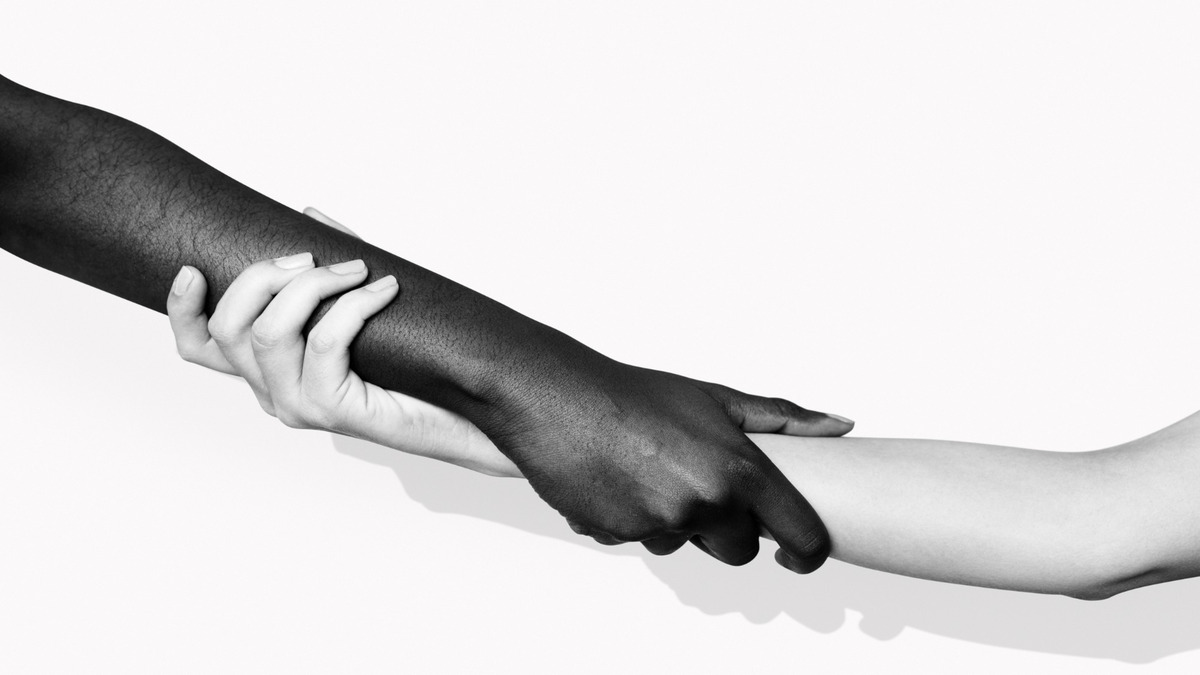
When we think about beauty, what often comes to mind are images of glamorous celebrities, fashion magazines, and glossy advertisements. But have you ever stopped to wonder how these beauty standards came to be and how they've influenced our perception of skin colour? In India, like many other parts of the world, colonialism played a significant role in shaping beauty norms and, unfortunately, giving birth to Colourism.

The colonial era, particularly the British Raj, was a pivotal period in India's history. The British colonialists brought not just their rule but also their Eurocentric beauty ideals with them. Fair skin was highly prized in Europe, and this preference was soon imposed on India. The British aristocracy considered fair skin a sign of purity and superiority, a belief that quickly permeated Indian society.
The beauty industry was quick to capitalise on these colonial ideals. Fairness creams flooded the market, promising to lighten skin and make it more European. The marketing of these products perpetuated the idea that fair skin equaled beauty and success, creating a lucrative market for fairness products that persists to this day.

The colonial influence ingrained in society created a hierarchical structure based on skin colour. Lighter-skinned individuals were often favoured over their darker counterparts, leading to discrimination in various aspects of life, including marriage, employment, and social status.
The psychological impact of colonial beauty norms cannot be understated. Many Indians began to internalise the belief that fair skin was superior, leading to a sense of inferiority among those with darker complexions. This not only eroded self-esteem but also perpetuated a cycle of discrimination.
Colourism is a form of discrimination based on skin colour, where lighter skin is favoured over darker skin tones. It's important to note that Colourism doesn't exist in isolation but is closely linked to beauty standards. The colonial beauty norms in India laid the foundation for Colourism by propagating the idea that fairness was synonymous with beauty.
The media played a significant role in reinforcing these beauty standards. Bollywood, India's thriving film industry, often casts lighter-skinned actors and actresses in leading roles, further cementing the association between fair skin and desirability. This not only influenced public perception but also set unrealistic beauty standards for the masses.

Even decades after gaining independence from British rule, India continues to grapple with the legacy of colonial beauty norms. The preference for fair skin remains deeply ingrained in society. Matrimonial ads often explicitly seek 'fair-skinned' brides or grooms, and job advertisements sometimes indirectly or directly favour lighter skin tones.
The beauty industry continues to perpetuate Colourism by promoting fairness products. Although there has been a push towards more inclusive marketing, many fairness creams still exist in the market, capitalising on deep-rooted insecurities.
Don't Miss: Chandrayaan 3 Success Playlist: Songs That Will Put You In The Proud Indian Spirit
The first step towards breaking the cycle of Colourism is redefining beauty standards (5 Times Bollywood Actresses Opened Up About Unrealistic Beauty Standards). Embracing diversity and celebrating different skin tones is crucial. Promoting the idea that beauty comes in all shades can gradually reshape societal perceptions.
Media outlets, including Bollywood, have a significant role to play in challenging Colourism. By casting actors and actresses with diverse skin tones and telling stories that reflect the real India, they can help change public perceptions and promote a more inclusive society.
Educational initiatives that address Colourism and its harmful effects can help raise awareness among the younger generation. Teaching students about the historical roots of Colourism and its impact on society can foster empathy and encourage them to challenge discriminatory attitudes.
Don't Miss: From My Secret Romance To Jugglers: A Binge-Worthy List Of 5 Captivating Korean CEO Dramas
The colonial beauty norms that were imposed on India during the British Raj continue to cast a long shadow on the nation. Colourism, deeply rooted in these beauty ideals, perpetuates discrimination and fosters a sense of inferiority among those with darker skin. However, it's not an insurmountable issue. By redefining beauty standards, promoting diversity in media, and raising awareness through education, India can take significant steps towards breaking free from the shackles of colonial beauty norms and building a more inclusive society where every shade is celebrated.
Also watch this video
Herzindagi video
Our aim is to provide accurate, safe and expert verified information through our articles and social media handles. The remedies, advice and tips mentioned here are for general information only. Please consult your expert before trying any kind of health, beauty, life hacks or astrology related tips. For any feedback or complaint, contact us at [email protected].